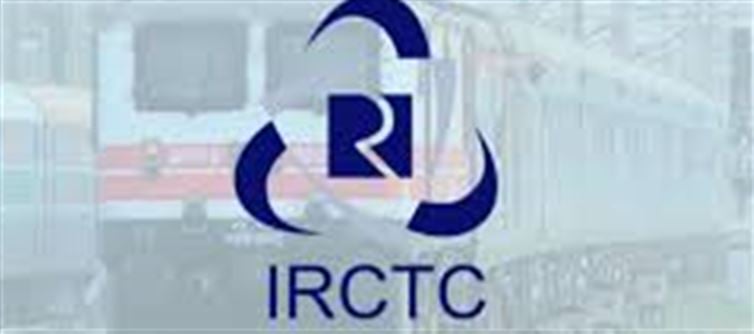
In a major development, the Indian Railways has introduced a new requirement for passengers booking general reservation tickets through the IRCTC website or mobile app. Starting October 1, 2025, passengers will need to complete Aadhaar authentication during the first 15 minutes of their booking window. Here's a breakdown of this new rule and how it will affect your train ticket bookings.
1. What’s Changing with irctc Online Ticket Booking?
From october 1, Aadhaar linking will be mandatory for passengers booking general reservation tickets online through the IRCTC portal or app.
· What it means: When you attempt to book a general ticket online, you will be asked to complete Aadhaar-based authentication within the first 15 minutes of the booking process.
· Why it's being implemented: This measure aims to ensure security, authenticity, and streamline passenger information on the railway system.
2. How Will Aadhaar Authentication Work?
To comply with the new rule, passengers will need to link their Aadhaar number with their IRCTC account.
· How to link: You'll be required to enter your Aadhaar number and authenticate it using OTP during the booking process.
· Why this matters: The move is designed to curb ticket black-marketing, fraudulent bookings, and duplicate accounts, ensuring that each transaction is linked to a verified identity.
3. Impact on General Reservation Ticket Bookings
While Aadhaar linking will be mandatory for general reservations, premium tickets like Tatkal and Mail/Express bookings may not be affected initially.
· Who’s affected: The rule applies mainly to general reservation tickets purchased via the irctc app or website.
· How it helps: It ensures that only genuine passengers are booking tickets, reducing instances of fake bookings and scalping.
4. Why Is This Rule Being Implemented?
This move is part of the government's effort to digitize services and improve security in online ticket booking systems.
· Curbing fraudulent activities: With the rise in online ticket fraud and illegal bookings, linking Aadhaar to the system will provide an extra layer of security.
· Better tracking: The system will allow authorities to track bookings more effectively, ensuring accountability and transparency.
5. What Happens if You Don’t Link Aadhaar?
If you fail to link your Aadhaar with your irctc account, you will not be able to complete the booking process.
· Alternative: For passengers who don't have an Aadhaar number, the indian Railways may provide alternative solutions, but this hasn't been detailed yet.
· What to do: Ensure that your Aadhaar is linked with your irctc account well in advance to avoid disruptions while booking your tickets.
6. What Are the Benefits of Aadhaar Linking for Passengers?
While the change may seem inconvenient at first, there are several benefits for passengers:
· Faster and more secure booking: The Aadhaar verification will speed up the process and ensure genuine bookings.
· Enhanced security: The system will minimize the chances of duplicate accounts or fake bookings, ensuring fair ticket allocation.
· Better passenger management: With Aadhaar authentication, indian Railways can maintain more accurate and reliable data on passengers.
Final Thoughts
Starting October 1, 2025, the mandatory Aadhaar linking for IRCTC online ticket bookings will provide greater security, reduce fraudulent activities, and improve accountability within the system. Passengers should link their Aadhaar with their IRCTC accounts before this date to ensure smooth and hassle-free bookings.
Disclaimer:
The views and opinions expressed in this article are those of the author and do not necessarily reflect the official policy or position of any agency, organization, employer, or company. All information provided is for general informational purposes only. While every effort has been made to ensure accuracy, we make no representations or warranties of any kind, express or implied, about the completeness, reliability, or suitability of the information contained herein. Readers are advised to verify facts and seek professional advice where necessary. Any reliance placed on such information is strictly at the reader’s own risk..jpg)




 click and follow Indiaherald WhatsApp channel
click and follow Indiaherald WhatsApp channel